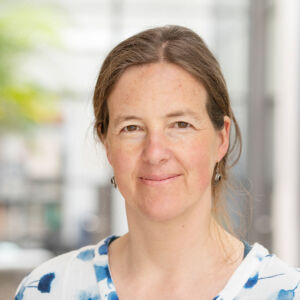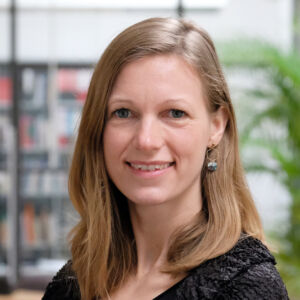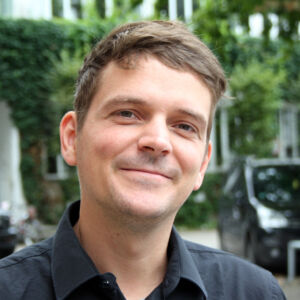Growing change: Promoting insect-friendly behaviour through gardening-framed interventions
Sarah Nieß et al.
The Institute for Social-Ecological Research (ISOE) is one of the leading institutes for sustainability research. We develop scientific foundations and forward-looking concepts for social-ecological transformations. Together with our partners in science and society, we create spaces for change towards sustainability.
About the InstituteAt the core of our research lies the question of how transformations toward sustainability can be shaped. Through our transdisciplinary research, we aim to identify opportunities for a sustainable and just approach to water, land, and biodiversity, as well as to urban development and consumption.
Go to Profile“To secure the foundations of life for all within planetary boundaries, economic practices and lifestyles must change. This requires a transformation in the relationship between society and nature.”
Prof. Dr. Flurina Schneider, Scientific Director
To the blog“Sustainable groundwater management is achievable—but only through collaboration. The challenges are too complex to be solved by technical expertise and innovation alone.”
Dr. Fanny Frick-Trzebitzky, Head of the Practices and Infrastructures Hub
Go to Profile“In times of multiple crises and increasing headwinds for sustainability, we need spaces where conflicts can be negotiated openly and democratically. Transdisciplinary research can help create such spaces—and thus open up new pathways for transformation.”
Dr. Michael Kreß-Ludwig, Head of Research Unit Transdisciplinarity
Sarah Nieß et al.
Khurelpurev Oyundelger et al.
Marc Beckett et al.
Friedrich J. Bohn et al.
Katja Brinkmann et al.
Julia S. Ellerbrok et al.
Fanny Frick-Trzebitzky et al.
Theodore B. Henry et al.
Florian Keil, Melina Stein
Heide Kerber, Michaela Rohrbach, Martina Winker
Marius Mohr et al.
Markus Rauchecker et al.
Michaela Rohrbach et al.
Masahiro Ryo et al.
Lukas Sattlegger, Luca Nitschke, Immanuel Stieß
Linda Söller
Farina L. Tolksdorf et al.
Our international research currently focuses on topics such as green hydrogen, water reuse, plastics in the environment, and desertification.





